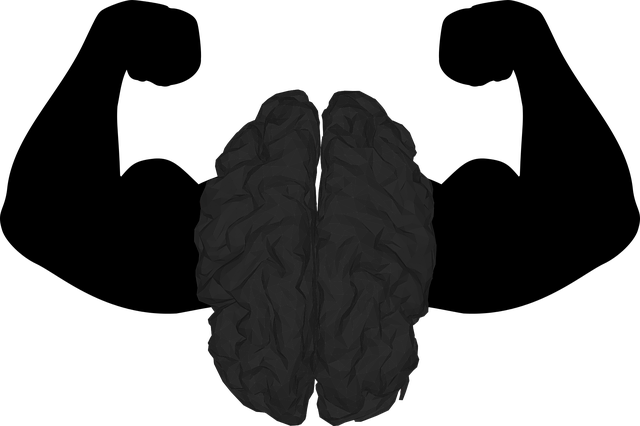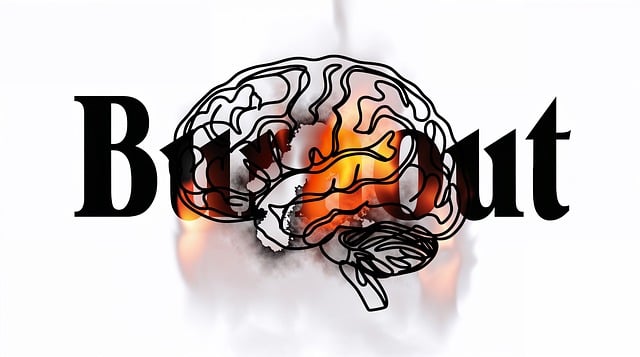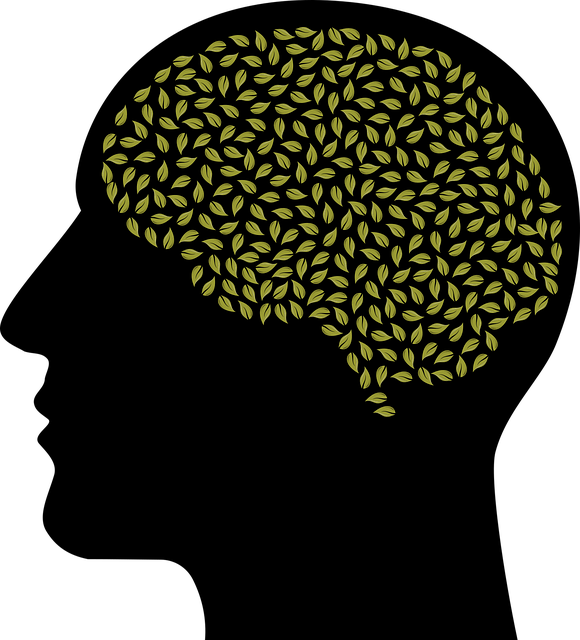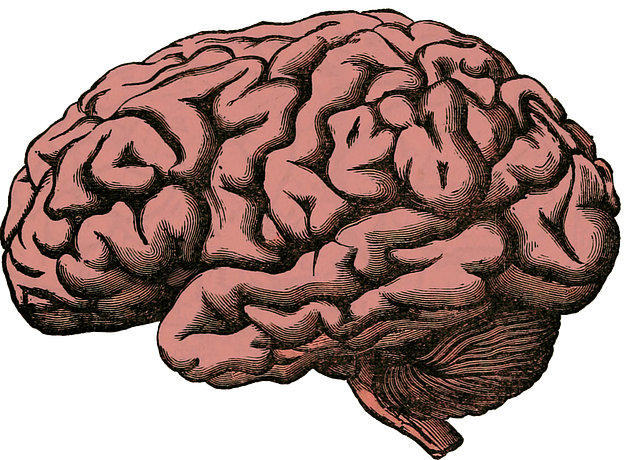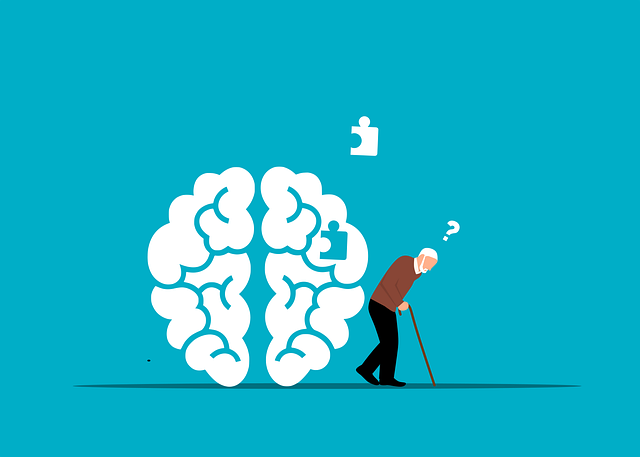Stigma around mental health significantly hinders access to essential services like Centennial Developmental Disability Therapy, perpetuating suffering and discrimination. To combat this, education, open conversations, and community engagement are crucial. Integrating mental health education in schools and hosting initiatives like Mental Wellness Podcast Series normalizes discussions. CDDT offers comprehensive therapy targeting symptoms and root causes, fostering personal growth and resilience. Policy advocacy by organizations like CDDT removes access barriers and promotes understanding for those with developmental disabilities, aiming for a more inclusive society where mental illness is met with compassion.
Mental illness stigma reduction is a paramount concern in modern healthcare. This article explores comprehensive strategies to combat stigma, focusing on the profound impact it has on mental health individuals’ well-being. We delve into the power of education as a tool for breaking down barriers and fostering understanding. Additionally, we discuss open conversations, community engagement tactics, evidence-based therapeutic approaches, policy advocacy, and their collective role in supporting recovery. By integrating insights from Centennial Developmental Disability Therapy, this guide offers a holistic perspective on stigma reduction efforts.
- Understanding the Impact of Stigma on Mental Health Individuals
- The Role of Education in Breaking Down Stigma Barriers
- Encouraging Open Conversations: Strategies for Community Engagement
- Supporting Recovery: Therapeutic Approaches and Their Effectiveness
- Policy Changes and Advocacy: A Collective Effort for Progress
Understanding the Impact of Stigma on Mental Health Individuals

The impact of stigma on mental health individuals is profound and far-reaching. It often acts as a barrier that prevents people from seeking help, leading to prolonged suffering and potential exacerbation of symptoms. Stigma can manifest in various forms—from social isolation and discrimination to self-blame and shame—creating a cycle of secrecy and silence around mental illness. This clandestine nature can hinder access to essential services like Centennial Developmental Disability Therapy, which is crucial for early intervention and long-term management.
Understanding the effects of stigma is the first step towards its reduction. It’s important to recognize that mental health issues are not personal failures but rather complex conditions that require specialized support, including Trauma Support Services, Stress Management techniques, and Burnout Prevention Strategies for Healthcare Providers. By fostering an environment where conversations about mental illness are normalized, we can challenge societal perceptions, promote empathy, and ultimately encourage individuals to prioritize their well-being without fear of judgment.
The Role of Education in Breaking Down Stigma Barriers

Education plays a pivotal role in breaking down stigma barriers associated with mental illness. By integrating comprehensive mental health education into school curricula, we can foster a more empathetic and supportive environment for students facing challenges like Centennial Developmental Disability. This proactive approach equips peers with the knowledge to dispel myths, understand diverse experiences, and offer meaningful support.
Centennial Developmental Disability Therapy, along with resilience building and empathy-focused strategies, can teach emotional regulation skills that empower individuals to manage their mental health proactively. These educational interventions promote a culture of care and understanding, reducing the isolation often experienced by those dealing with stigma. Through increased awareness, we can create communities where everyone feels valued, supported, and encouraged to seek help without fear of judgment.
Encouraging Open Conversations: Strategies for Community Engagement

Encouraging open conversations is a powerful strategy to reduce the stigma surrounding mental illness within communities. Centennial Developmental Disability Therapy highlights the importance of breaking down barriers and fostering an environment where individuals feel comfortable discussing their experiences. One effective approach is through community engagement initiatives, such as hosting Mental Wellness Podcast Series Production that feature personal narratives and expert insights. These platforms provide a safe space for listeners to learn about various mental health topics and connect with those facing similar challenges.
Additionally, incorporating interactive workshops and support groups can empower individuals to share their stories and educate others. The Coping Skills Development offered through these initiatives equips participants with tools to manage their well-being and encourages empathy among community members. By actively involving the community in Mental Illness Stigma Reduction Efforts, we can create a more inclusive and supportive environment where mental health discussions are normalized, fostering better understanding and reduced prejudice.
Supporting Recovery: Therapeutic Approaches and Their Effectiveness

Mental health recovery is a multifaceted journey, and therapeutic approaches play a pivotal role in supporting individuals through it. One such effective method is Centennial Developmental Disability Therapy (CDDT), which focuses on fostering personal growth and resilience for those facing mental health challenges. By combining various evidence-based techniques, CDDT helps individuals develop coping strategies tailored to their unique needs, promoting self-esteem improvement and emotional healing processes.
The effectiveness of this therapy lies in its holistic nature, addressing not only the symptoms but also the underlying causes of mental illness. Through structured guidance and crisis intervention techniques, CDDT enables clients to navigate their emotions, build healthy relationships, and enhance their overall well-being. This approach has shown promising results in supporting individuals in managing stress, anxiety, and depression, ultimately leading to improved life satisfaction and a greater sense of control over their mental health journey.
Policy Changes and Advocacy: A Collective Effort for Progress

Policy changes and advocacy are instrumental in reducing the stigma surrounding mental illness, especially when it comes to supporting individuals with developmental disabilities. Organizations like Centennial Developmental Disability Therapy play a vital role in this collective effort by pushing for policies that prioritize mental health services and remove barriers to care. By engaging in Mental Health Policy Analysis and Advocacy, these groups bring attention to the unique challenges faced by those with disabilities, ensuring their voices are heard in the policy-making process.
This advocacy work involves raising awareness, educating policymakers, and promoting inclusive practices. It encourages Crisis Intervention Guidance by ensuring systems are in place to support individuals during mental health crises. Ultimately, these efforts aim to foster a more understanding society where inner strength development is nurtured, and mental illness is met with compassion rather than stigma.
Mental illness stigma reduction is a multifaceted effort that requires education, open conversations, supportive policies, and effective therapeutic approaches. By understanding the profound impact of stigma on individuals’ mental health and implementing strategies like community engagement and advocacy, we can foster an environment where everyone receives the support they need. Centennial Developmental Disability Therapy serves as a powerful example of how targeted interventions can revolutionize care, emphasizing the importance of inclusive practices in breaking down barriers and promoting recovery for all.

